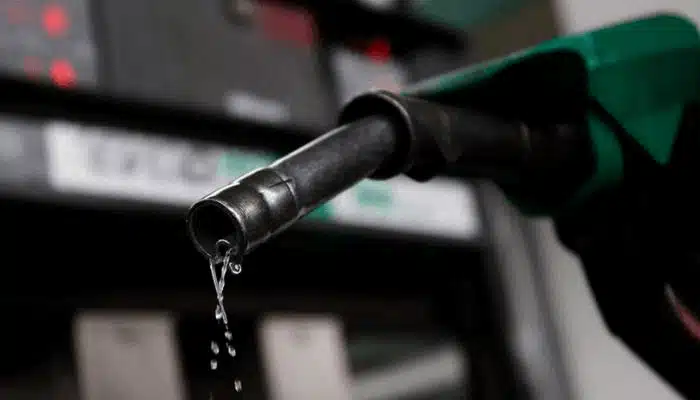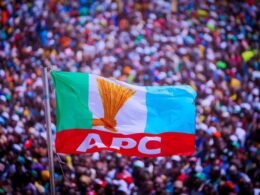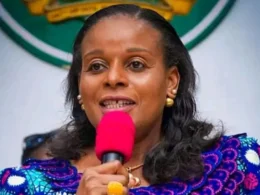Recent revelations have uncovered that the Nigerian government is subsidizing petrol prices by an average of ₦501.47 per litre in at least eight cities, contrary to its public stance on removing fuel subsidies. The data, obtained by Premium Times, exposes a hidden subsidy despite President Bola Tinubu’s declaration in May 2023 to eliminate it.
Subsidy Details: The government’s hidden subsidy is substantial, averaging ₦501.47 per litre across cities including Lagos, Abuja, Kano, Calabar, Sokoto, Maiduguri, Ibadan, and Enugu. For instance, in Lagos, the government pays ₦499.24 per litre in subsidy, while in Enugu, the subsidy reaches ₦542.49 per litre.
Initial Policy: President Tinubu’s administration removed the fuel subsidy in May 2023, causing an immediate spike in fuel prices from ₦197 to between ₦480 and ₦570 per litre, leading to significant economic challenges.
Ongoing Subsidy: Despite the official removal, recent reports and pricing frameworks suggest the government has reintroduced a subsidy to maintain fuel prices around ₦617 per litre.
Government’s Stance: Nigerian Minister of Budget and Economic Planning, Atiku Bagudu, has denied any ongoing subsidy, referencing the Petroleum Industry Act and the government’s policy decision. However, the International Monetary Fund (IMF) and various reports indicate that the subsidy persists, with projected costs of ₦5.4 trillion by the end of 2024.
Impact on NNPC: The Nigerian National Petroleum Company (NNPC) Ltd has reported financial strain due to the subsidy, which is affecting its cash flow and ability to remit taxes and royalties. The NNPC has requested the use of 2023 dividends to cover subsidy payments.
Public and Financial Implications: The revelation of ongoing subsidy payments raises concerns about the government’s transparency and adherence to its policies. The significant financial burden and impact on NNPC’s operations further complicate Nigeria’s economic landscape, highlighting the need for clearer communication and sustainable policy implementation.
The situation underscores the challenges faced by Nigeria in managing fuel prices, subsidies, and economic stability amid fluctuating oil revenues and foreign exchange pressures.









